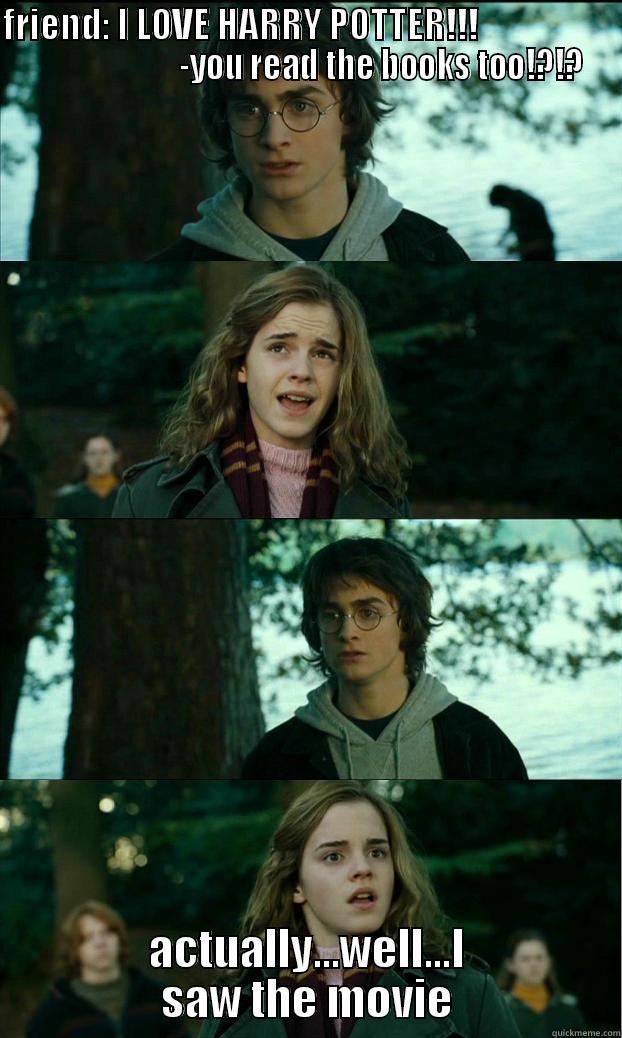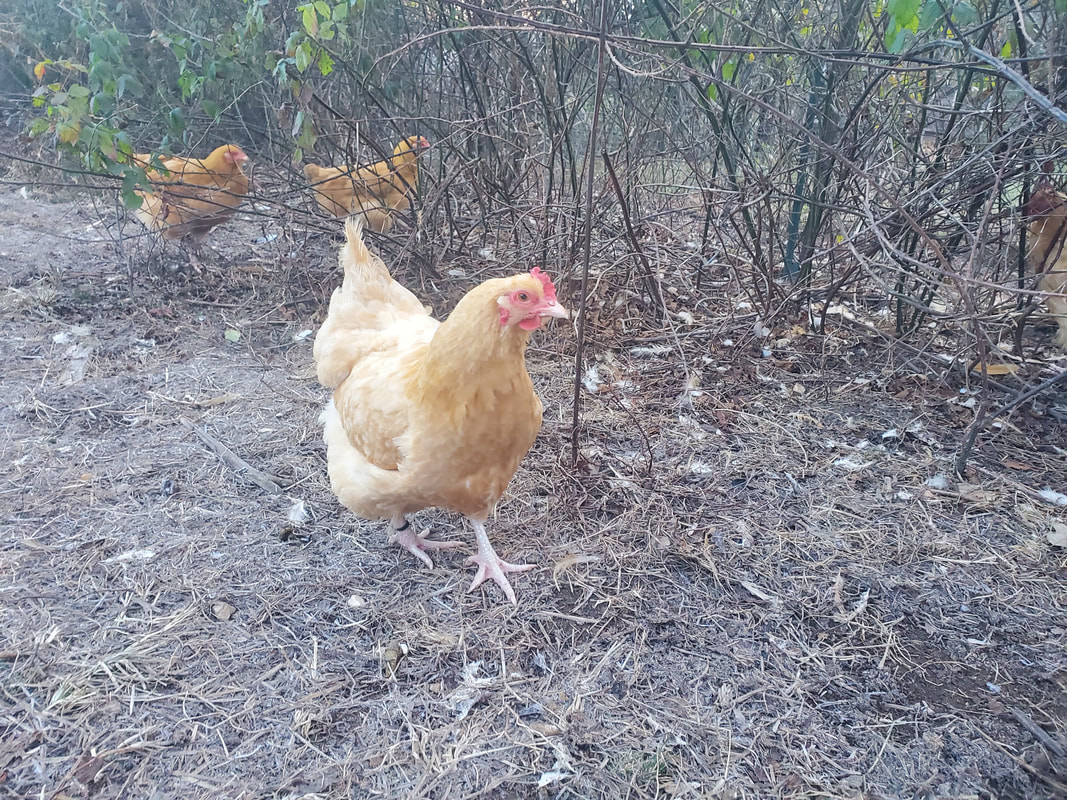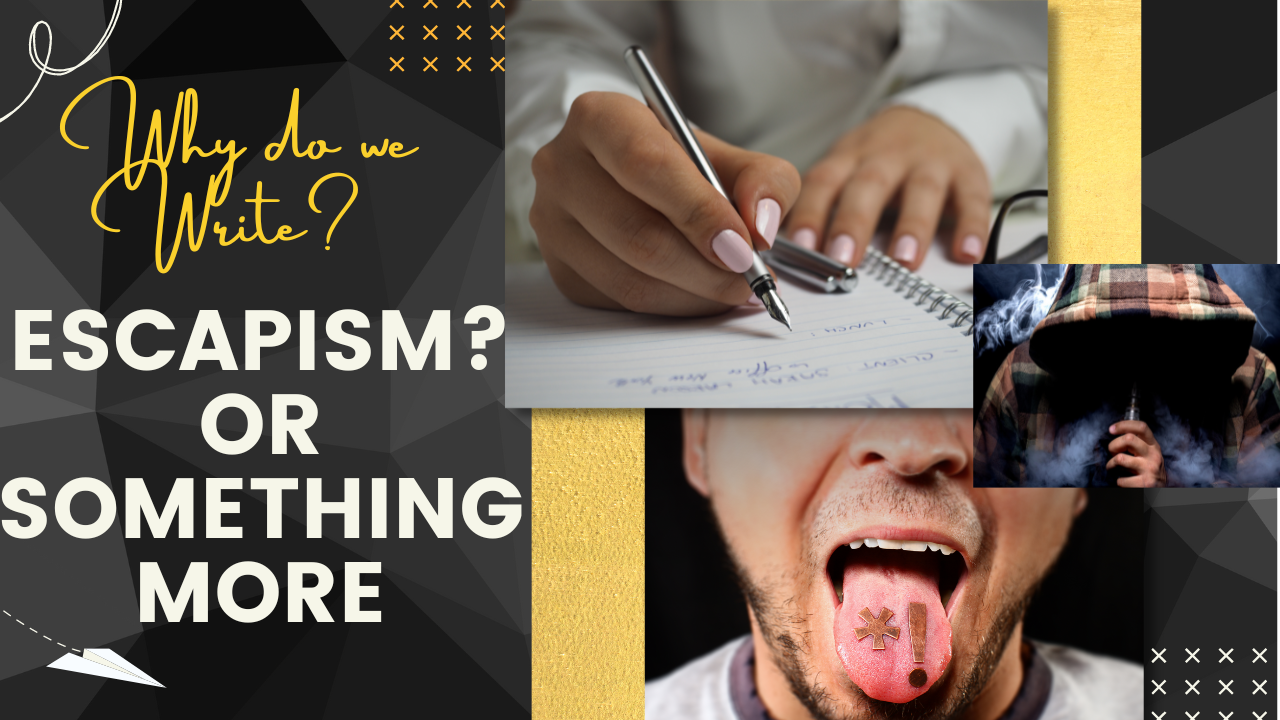 I’m struggling and that’s okay. On Thursday, my book Surviving Midas will launch with Walnut Street Publishers. This is not the first book I’ve written (nor the last), but it is the first I’ve published with this press. I wish I could say this was the first book I’ve ever published or attempted to publish at all. I wish that my entire writing career has been marked by only successes. Perhaps then I would feel more excitement about this launch instead of a continual sense of anxiety and worry. As it is, all I can think about is how everything could fall apart. How one thread of the tapestry when pulled the wrong way could cause the entire weave to fall apart–even though that’s not exactly true. But that’s the way things feel when one struggles with anxiety and when bad things have happened before. I already decided months ago that if something falls apart this time, I’m going to pursue publishing this book on my own. The book, after all, is not the problem. I’ve had multiple people review and praise it and multiple people put their money behind their words of praise. But none of this alleviates the knot in my throat as I look toward Thursday, the day of truth, so to speak, when the launch party takes place and I get to hold the first copy of my book in my hands. But what if the printing press doesn’t fulfill the order in time? What if on the day of launch there are no books to sell? What if I’ve missed some critical detail that will bring everything crashing to the ground at the last moment? This is called disasterizing, and it’s a common thought process for people dealing with intense worry. It’s the belief that the worst possible thing will happen. The problem is, just because you’re anxious, it doesn’t mean that you’re wrong. The worst possible thing could happen. That twinge of pain in your chest could be a heart attack. That snide remark from your husband could signal the collapse of your marriage. After all, anxiety is the body’s system that warns of coming danger so that we can prepare ahead of time. What’s wrong, however, is the likelihood of those things happening. I think with the book launch it is hard for me to trust or expect things to go well because things have gone so poorly in the past. I’m having to trust people other than myself to get things done and I don’t control their schedules. This lack of control adds to the anxiety spiral and, since I have been down that road before, I know where it leads. It leads to all-consuming, cyclical thought patterns that, left unchecked, can lead to sheer panic. I felt this panic rising just last night. Thanks, however, to the help of my therapist, I now recognize the signs and know what to do about it. I’ve felt the pressure rising for weeks now, and so I made a point to take care of myself. I’ve been sleeping as much as I can, I’ve been exercising, getting plenty of sunlight, avoiding sweets, and I’m on a 9-day meditation streak. Yet still, the cyclical thinking really took off last night followed by nausea and headaches (most of my symptoms are very physical). I knew where this was going and I hated that I was still dealing with this after years of fighting this very thing. But here’s the truth. It’s okay. It’s okay to be anxious. It’s okay that my body is responding to a perceived threat. This is an exceptionally stressful time. A lot is hanging on this launch: book success, money, and yes, a bit of my ego. So, maybe I should give myself a break for feeling the way that I do. Does that mean I should let it spiral? No. Panic attacks are not fun, but hating myself for my reactions will only lead to more anxiety. I will continue meditation, grounding, belly-breathing, and doing all those other things that I’m sure have names but I don’t recall what they are. I will still take that warm bath and spend time doing fun things during this period of waiting. But I will have compassion for myself as well knowing that, while my mind and body might be overreacting, it’s only trying to do its job. And above all, I’m reminding myself this truth: Everything might indeed fall apart, but Thursday is just one day. It might end up being a hard day, but eventually it will end and the sun of another day will rise. After all, “It is of the Lord’s mercies that we are not consumed, because his compassions fail not. They are new every morning. Great is thy faithfulness” (Lamentations 3:22-23). For those interested in Surviving Midas, check out my link tree at: http://linktr.ee/rwhague
0 Comments
Surely, it’s not just the voices in my head that won’t leave me alone that prompts me forward to fill page after page with stories. Surely, there’s something more besides my compulsion to enter the world of fantasy and danger while the space around me lies quiet and still. Why do any of us tell stories? Why do any of us stay up late to binge on movies or to get through that one last chapter? What do we gain from that experience? Some have speculated that stories are nothing more than entertaining distractions from the day-to-day. That writers seek only to escape the world around them, and this allows them to do just that. Is there an element of escapism? Sure. Why not? But I think there’s something more. Whenever I make up a story, I do escape the world around me for a little while. In fact, it can be hard to come back into reality sometimes. My fantasies are interrupted by phones on their final ring, by a little child who has somehow managed to get into my lap to place their hands on my face. (Yes, my concentration can get that deep).I know most of my earlier stories helped me escape the drudgeries of the never-ending school day. Perhaps the better question is this then: why do we write these things down or spend hours editing these words into the best pictures possible? Because that is not pure escapism. Writing is difficult. Taking images and pictures and turning them into words is a skill that takes years to hone. Is it just to extend the fantasy? I feel like there are easier ways of doing that. Writing and storytelling at its heart is pure exploration. Through little avatars, some of which may be reminiscent of real-life people but rarely a complete picture, we play out scenarios and lives without having to live them ourselves. How would a traumatized teenager overcome his panic? How would a brother to a murdered sister respond to the man who caused it all? (Two different stories, so don’t be making any plot assumptions!) But my favorite topic: who is the bad guy and what makes him bad? In Surviving Midas, it is not easy to figure out who the ‘bad guy’ is. The title itself might tell you, but there are mini-villains throughout the story. Sometimes, even the hero can be the bad guy–at least in another character’s story. But what acts are unforgivable? Is redemption truly for everyone?  Are the things that I was raised to abstain from what makes the character a villain? Take cursing for example (one of many things I could choose from Surviving Midas). I was raised not to use curse words. Not only that, but people who used those words were uncreative and improper. Christians didn’t talk like that and they asked people around them who did to stop. So, writing a character with a filthy mouth was hard for me, and I debated for hours about leaving this element in. Perhaps, for the sake of controversy, it would be best for everyone if I took it out. But then it became the litmus test. Could a reader see past the rough edges of my character and see them for what they truly were? Could they forgive missteps and past deeds? Can they see, at the heart of everything, not only who the villains in the story are, but who the heroes are too? Can you? Because some people can’t, and I fear those readers most. They will stop reading because of the ‘filth.’ They will stop speaking with improper folks or bar them from their company because of their vernacular. They will, like the mini-villiains in my story, form an opinion about someone without fully getting to know them. So, why do that to myself? Why write about these controversies? Why explore these topics and write anything at all? Won’t they just get me into trouble? And the answer is yes, they will probably get me into trouble, especially when my current projects reach the publisher’s hands. But that is why I MUST write. Why I MUST explore. Because what I find during my times of exploration is important, and maybe, through these characters, if people can see through the fantasy and apply what they learn in real-life, we might just make a better world.  It's an age-old question that has broken friendships, torn apart families, and destroyed societies! Okay, so that might be a bit hyperbolic, but still, if you want to start an argument, tell a Harry Potter books purist how much better the movies were to the books! Just be ready for a wand duel if you do! But who is right? Is anyone right? Or are both sides of the argument wrong? To determine which is better, one needs to understand the history of books and movies. Back in the day, and I mean WAY back in the day before people created the alphabet or any other form of writing, oral tradition was the only tradition. Stories and histories were memorized and recited to younger generations. This method was a surprisingly accurate and efficient way to recall history, and oral traditions survived over hundreds and even thousands of years. All that changed, however, when people started writing their stories down. Now the original storyteller could have their words preserved and spoken to later generations, and no one had to wonder if they were telling the story wrong. The next great change came from the Gutenberg Press. This combined the written word with mass production. Now, not only the elite of society, who could pay for the transcription of older texts, would receive the written histories, but the common folk could get their hands on these writings as well. But nothing prepared man for the invention of video. Now, instead of just reading words and imagining speakers, people can watch events occur on a visual plane. Of course, this all exploded when social media came on the scene. Instantaneous recording and distribution of events has changed the world forever. If a picture is worth a thousand words than a video is worth a million. But I write fiction, so what does that have to do with the books I write? Don't people like the book versions of classic stories better than the movie adaptations? Most people probably do like the book versions better, but let's explore why that might be. Books take a long time to read. Sometimes, getting through a book can take weeks and maybe even months. While in the pages you are walking hand-in-hand with your favorite characters, seeing what they see, hearing what they hear, getting a glimpse at what they think. In other words, you are bonding with these characters. Then a movie rolls on by showing actors that are different than your imaginative avatars. The storyline, which was so careful crafted by the author, seems to have been chucked out the window by the screenwriters. Why would they do this? Didn't they have excellent source material at their fingertips? But this reaction fails to recognize the limitations of movies, namely as it relates to time. The screenwriter has to squeeze ten hours worth of time into two. They just cannot recreate the quantity of time a reader spends with their favorite characters in a story meant for the silver screen. So, which is better? When accuracy is required--like in the documentation of real and historical events--video is absolutely preferrable. If, however, you want to bond with characters and really get to know them on a personal level, books may be the better alternative. But if you're just looking to unwind, to stroll with these characters rather than hike, then watching a movie might be your best solution. There is nothing wrong with either option.  Content, content content! the marketing gurus cry! But what do you do if you don't want to develop an audience and market? After all, we as writers do our best work in the quiet hours, alone and undisturbed. Most of us don't like to meet new people or to explore the world outside our little caves. But in this industry, it's not the best writers that thrive, but the ones who know how to market. So we find ourselves forced out of our shells, beyond the walls of our comfortable little dwellings only to run into yet another problem: Time. Most authors starting out don't get that fabled million dollar deal. If they get a publishing deal at all, it's usually without any advance whatsoever. Then there are the self-published folks who shell out their own cash (a brave move) just so their books will see the light of day. This means having a primary job or other source of income is a must. And as for marketing? If you're expecting your publishing company to fill in that gap, think again. It's rough out there and authors are expected to do as much if not more marketing than their publishers. I don't know what to tell the authors who are unwilling to branch out and socialize at all. Unfortunately, we need readers to rationalize our existence. But to those lacking time, I do sympathize. I am more than just a writer. I'm an employee, a teacher, a nurse, a soap-maker, a volunteer, a homesteader, but most importantly, I'm a wife and a mother. My family comes first. I'm blessed to have a husband that works full-time so that I can spend most of my days with our kiddo. While I do work two days a week, it's nothing like the schedule full-time moms have to deal with. I know that I am blessed in this regard, and I love the adventures that this life opens me up to. I had a balance: I would write in the evening and spend the rest of my time with the people closest to me. But now marketing has taken a bite out of my time and I find it leaking into my day, taking me away from my son. So, that's going to require some changes. Sacrifices are an inevitable part of life whether they are consciously made or not. Either time with my son will be sacrificed, or time with my book will be. Now, this is not to say that I'm letting this writing dream go. My book, SURVIVING MIDAS is coming out December 1st, and I want it to succeed, but not at the expense of my family. So I'm going to get up early, write my blog, and then move forward with my day without a look back. I'm not going to shoot for the recommended ten posts per day. I'm not going to obsessively hit refresh on Twitter. I'm going to wall off my marketing time and pursue my other dreams as well. The chips will fall where they may, but if at the end I look up to see a well-adjusted, strong, kindhearted man, I will have succeeded in life. I will have mothered a good man. And that will be my success. |
Details
AuthorRW Hague is a registered nurse with over eight years of experience within the medical field. Using her medical expertise, she writes stories that are gritty and compelling. Archives
November 2023
|

 RSS Feed
RSS Feed